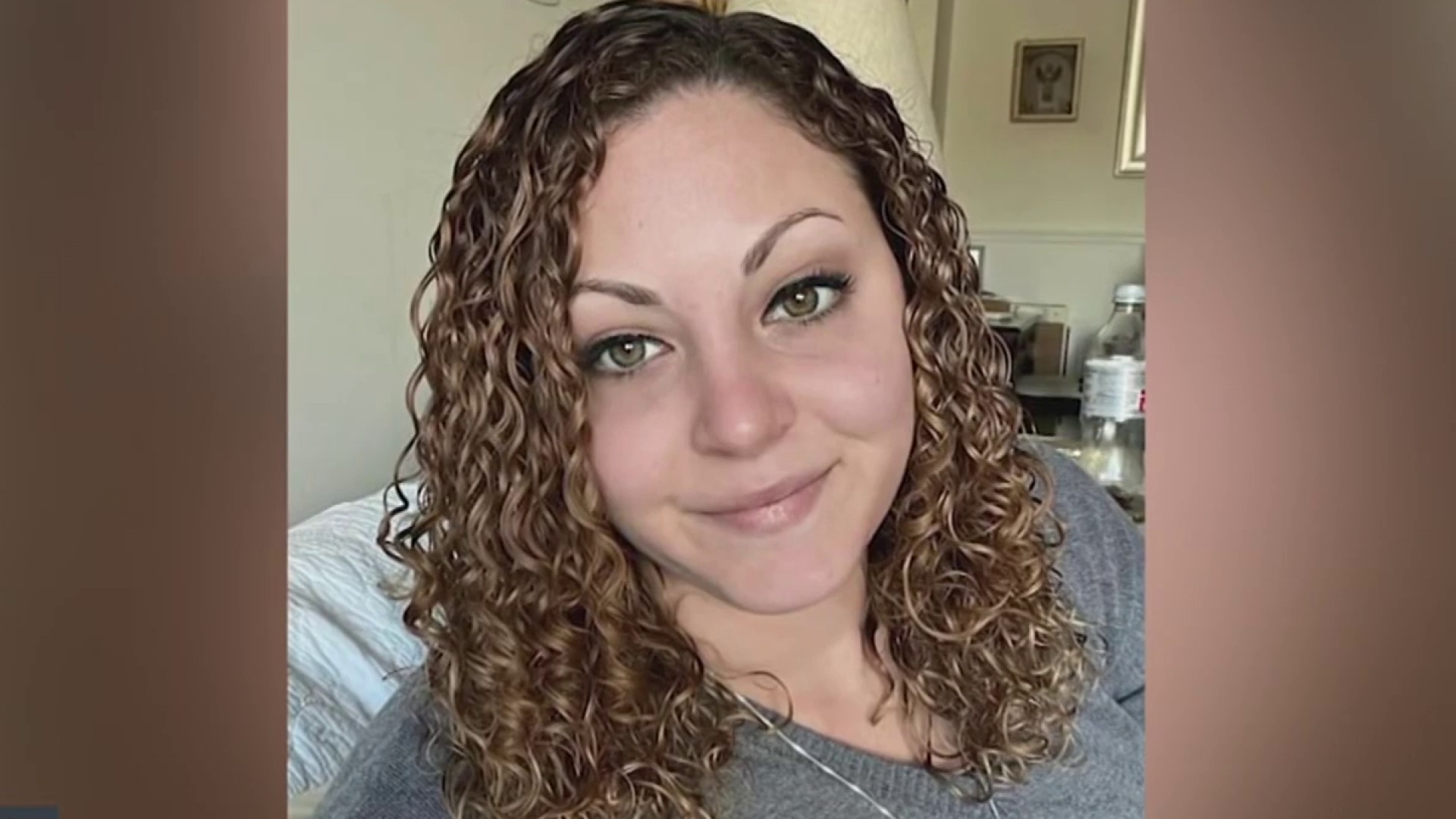Fairfax County Fire and Rescue is mourning the death of one of their own.
Capt. Kimberly Schoppa died Tuesday after a battle with occupational cancer, a death the fire chief recognized as being in the line of duty. Schoppa was 49.
Schoppa was a leader on the job and off, the people who knew her best said. She rose through the ranks to become captain of an engine at West Springfield’s Station 27.
Schoppa served with the department for over 18 years. She was “a valued friend and esteemed member of the department,” a statement said. “There is no doubt Captain Schoppa touched many lives throughout her career and will be remembered as a kind, caring and compassionate person. She was an exceptional leader, mentor, and friend. She will be greatly missed.”
We're making it easier for you to find stories that matter with our new newsletter — The 4Front. Sign up here and get news that is important for you to your inbox.
“She wanted to do suppression. She liked fighting fire. I told her she would be an excellent battalion chief, but she didn’t want to be a chief; she wanted to ride in the front seat of that fire truck and be doing the work,” Deputy Chief Tracy Reed said. They were in the same recruit class in 2004.
“She wanted the action. She wanted to be out there mentoring people, teaching people and serving her community,” Reed said.
But about a year ago, Schoppa was diagnosed with ovarian cancer, which is now recognized in Virginia as an occupational cancer in the fire service. As a result, Schoppa’s death is considered to be in the line of duty.
Northern Virginia
Northern Virginia news, events and updates
“The firefighting profession is inherently dangerous,” said Ron Kuley, president of IAFF Local 2068. “It’s an inherently dangerous profession, so it’s not only because of traumatic injuries, but we’re also exposed to toxins and carcinogens.”
Kuley said because of that, officials in the department track what each and every firefighter is exposed to on the job.
“We do what’s called exposure reporting, so we report every single exposure, so if we run four, five, six calls in a row where we’re exposed to a toxin, a carcinogen, then we put that in our documentation. That packet then goes forward to workers’ compensation and risk management,” he said.
Schoppa was very aware of the dangers of the job, and was constantly reminding the firefighters in her command to be cognizant of those dangers.
“Not all firefighters who die in a house fire or a building collapse. More firefighters die from cancer-related, and it’s part of the sacrifice that we make, but the service to her community was, in the end, more important than her life,” Reed said.
Outside Schoppa’s home on Tuesday, firefighters from Station 27 gathered to salute her at an emotional dignified transfer ceremony.
Schoppa is survived by her wife as well as extended family and friends.



